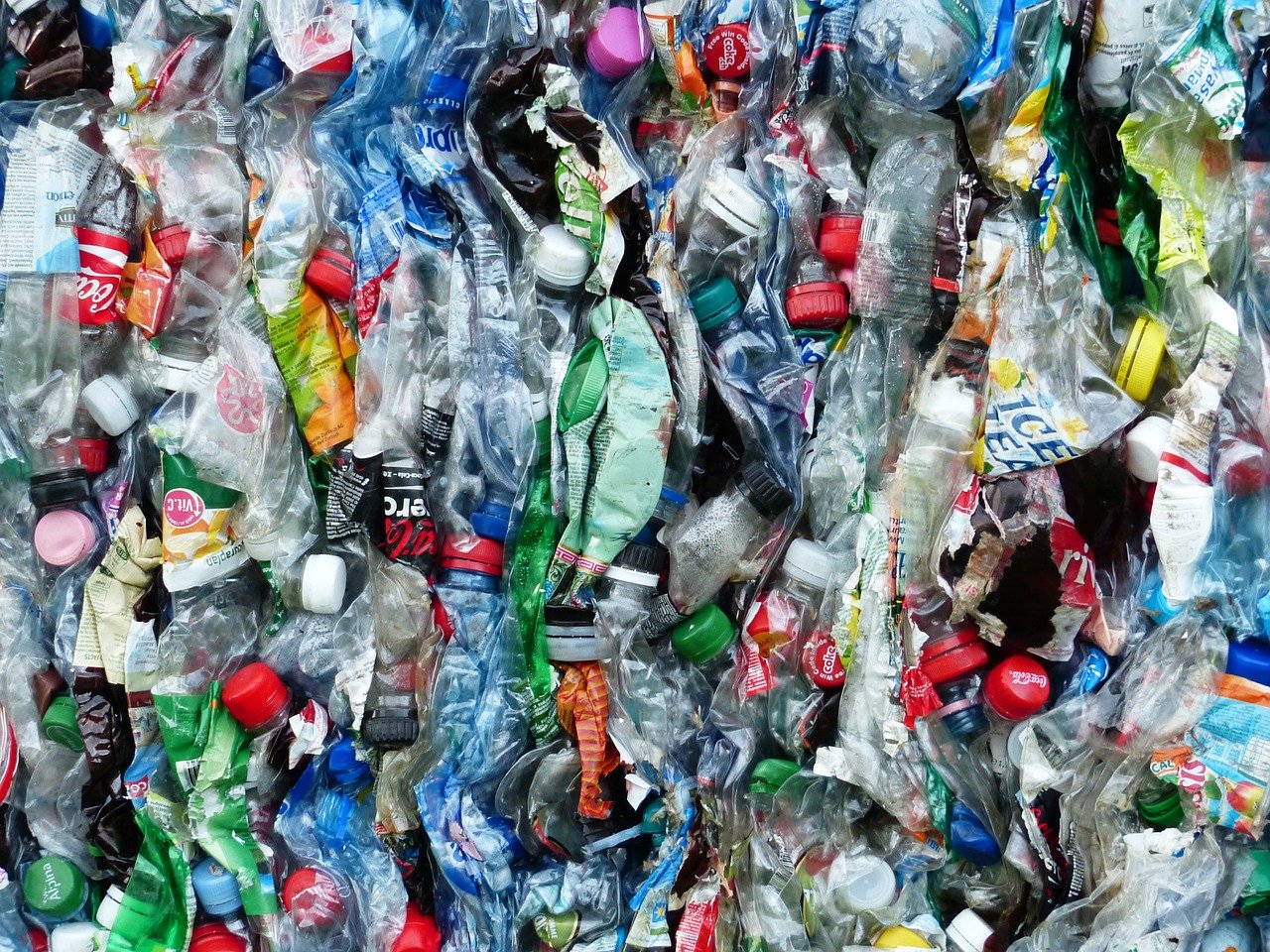Plastic waste is hurting females in creating nations– however there are ways to stop it
If we are to build a greener, fairer and a lot more equivalent culture following COVID-19, it’s time for rich nations to finish their method of discarding plastic waste in establishing countries. This not only harms the atmosphere but disproportionately impacts the females and women who often tend to clear it up.
The issue was intensified for lots of establishing countries when China revealed its rejection to approve various other countries’ plastic waste in 2018. The result has been a rise in plastic waste exports to Africa, a lot of which is showing hard to reuse and also is winding up in rivers and seas.
On top of this, the pandemic is generating ever-increasing amounts of plastic waste, specifically single-use things like medical handwear covers and also non reusable masks. In some locations of Africa– where around 411 million face masks are discarded every day– lack of plastic waste management facilities and also weak laws around unloading waste suggest the scenario is only becoming worse.
Currently, countries like Ghana, Uganda, Tanzania, Ethiopia, Senegal and Kenya are finding themselves swamped with plastic waste. This is overwhelmingly impacting inadequate, socially marginalised individuals, and women particularly.
Unfair profession
Although plastic waste can be viewed as a profession in between established and establishing nations, which allows the latter to be paid in exchange for taking care of that waste, this trade isn’t an equivalent one.
Developing countries are most likely to approve plastic waste from established nations because it supplies an additional potential income for their population living listed below the poverty line. It’s forecasted that 27 million to 40 million individuals in sub-Saharan Africa will come under severe poverty during 2021. It’s not surprising that such areas see plastic waste as a profitable resource of opportunity which can add to easing poverty.
However, the amounts paid to squander pickers– generally women– by private waste collecting companies hardly make a dent in pickers’ economic demands. Payments of less than 4 pence a kg for accumulating plastic bottles for recycling are normal.
And that waste in some cases winds up melted, rather than being reused. In 2020, 40% of the UK’s plastic waste was sent out to Turkey, where as opposed to being recycled a few of it was unlawfully dumped as well as burned. Research in 2019 recommended that the matching of a double-decker bus filled with plastic wind up disposed or melted every second.
Health as well as protection
Lots of plastics contain hazardous chemicals that can get in the setting if products are thrown out or melted. This consists of substances that have been linked to losing the unborn babies and cancer.
Picking plastic waste not only doesn’t pay well, it also comes with a cost in regards to health and wellness as well as security. Unloaded waste can include hazardous products like busted glass and also syringes carrying infectious illnesses. And also, ladies are frequently forced to accumulate plastic from the outskirts of cities: areas most likely to have greater rates of crime.
A lot of, nevertheless, don’t have a choice: they need to risk their safety and security to make a living as well as offer their households, because of extensive lack of education for females and also ladies. Throughout Africa, 3 million more girls than kids between six to 11 years of age will certainly not be offered the possibility to attend school. The impacts of this ripple right into their future, making it far much less most likely for women to discover well-paying work as well as requiring several to resort to low-paid, hazardous job.
Many poorer ladies in African countries likewise reside in informal negotiations, where waste quickly collects due to poor rubbish collection services. Accumulating plastic can damage poor water drain systems, causing flourishing colonies of dangerous bacteria. For instance, Zambia has actually experienced several cholera episodes due to bad drainage gotten worse partly by plastic-clogged systems.
Justice
It’s imperative to discover means of enhancing women’s situations in developing countries if we are to become aware an absolutely greener, fairer as well as a lot more equal world.
Some following steps to take into consideration– if such a world is to come true– would certainly include establishing nations creating more rigorous regulations against disposing plastic, raising women’s education and including more women in decision-making processes around how to deal with plastic waste.
What’s even more, developing social incentives for decreasing plastic waste– for instance, by paying pickers more– is key in cultures where social status is attached to those that can afford bottled plastic water as well as removed from those that then have to pick up their litter.
Community-based awareness programs promoting the value of plastic waste management– run through area clubs, social platforms like Facebook and Instagram, or neighborhood radio stations– might assist accomplish this.
If picking plastic waste progressed paid, this type of social change would certainly not only aid to encourage females pickers financially however may be able to get rid of stigma affixed to choosing. With a resulting influx of formalised training courses, plans to maintain pickers safe and also opportunities for pickers to speak out regarding the problems affixed to their work, several others will hopefully be brought in to assist maintain their neighborhood environments tidy as well as safe.
